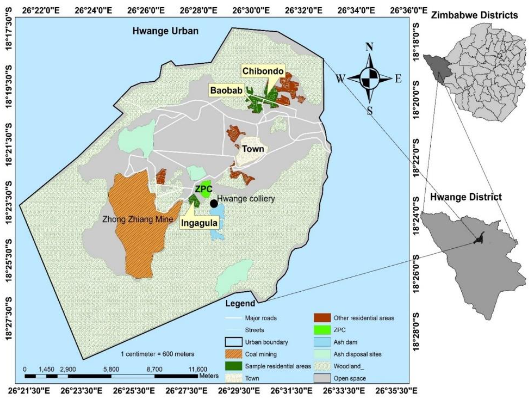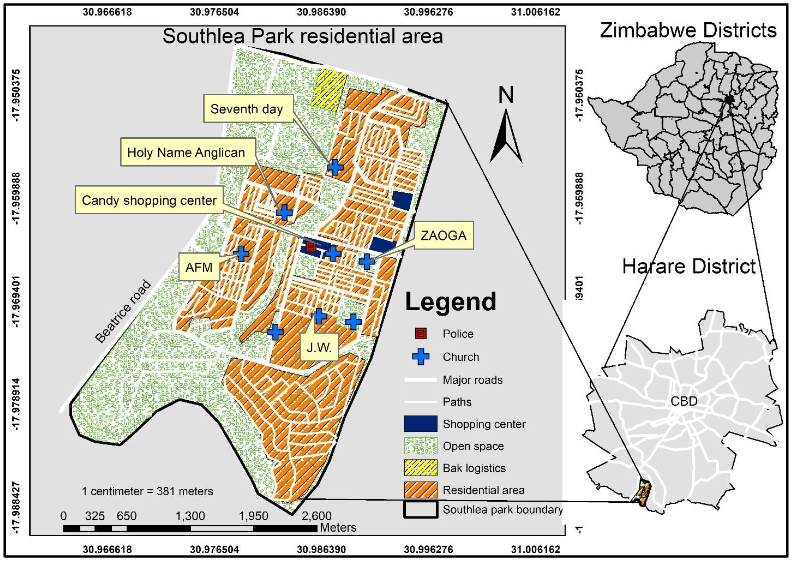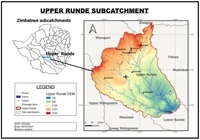Assessment of broadcast media in mobilizing women for political participation in lagos state
Abstract
The goal of this study is to examine the role of broadcast media in mobilizing women for political engagement in Lagos State. The objectives of the study were to investigate how women in Lagos State are being mobilized for political participation by the broadcast media, to determine whether cultural norms in society have an impact on women’s political participation in Lagos State, and to ascertain the obstacles that women encounter when engaging in Lagos State. The study used a survey research method, and agenda-setting theory and Status Conferral theory were adopted as a theoretical framework. The total population of the study consists of 183 respondents, while the sample size was 96 respondents who meet the criteria of the study. Convenience sampling was employed based on the availability of the respondents, and the instrument for data collection was a questionnaire. Content validity was used to validate the instrument for effective data collection. After coding and analysis in SPSS 22.0, the results were interpreted using frequencies and percentages. The findings of the study show that the media plays a significant role in the process of political mobilization. The fact that women are and have been marginalized in Nigeria’s political system is the most important aspect of this discussion, as it portends dire consequences for the country’s system, which is now essentially ruled and controlled by men. Therefore, issues causing this predicament are deeply ingrained in the anxieties that the majority of women experience, some of which are related to insecurity, financial hardship, and a lack of political support. The study recommends that there is a need to establish a supportive environment free from all forms of violence and harassment that enables women to participate effectively in the decision-making process in a sustainable and efficient manner.
References
[1]Aondover EM, Pate HA. National Interest, Freedom of Expression and The Nigerian Press in Contemporary Democratic Context. Brazilian Journal of African Studies. 2021; 6(11): 233–249. doi: 10.22456/2448-3923.103490
[2]Aondover EM. Good governance and accountability: an assessment of the media’s role in achieving transparency in the 2019 general elections in Nigeria. Brazilian Journal of African Studies. 2019; 4(7): 209–225. doi: 10.22456/2448-3923.91505
[3]Edogbo O. The mass media’s agenda-setting role. English Press; 2019.
[4]Yar’Adua SM, Msughter AE, & Aliyu MA. Sports Journalism Reporting in the Era of Digital Media in Nigeria. Confrontation: Journal of Cultural, Economic and Social Change. 2023; 10(3): 124–134. doi: 10.33258/konfrontasi2.v10i3.280
[5]Yar’Adua SM, Msughter AE, & Garba S. Media and National Development in Democratic Societies. Polit Journal Scientific Journal of Politics. 2023; 3(3): 105–115. doi: 10.33258/polit.v3i3.948
[6]Msughter AE, Idris MK. Focus Group Discussions with Rural Women in Yobe State on Information Services for Community Engagement on Development Issues in Nigeria. Journal of African Conflicts and Peace Studies. 2023; 5(2): 9.
[7]Hile MM, Msughter AE, & Aliyu MA. Secularism and Ethical Issues in Media Practice as a Bane for National Development. SIASAT. 2023; 8(3): 166–177. doi: 10.33258/siasat.v8i3.159
[8]Idris MK, & Msughter AE. Sources of Information on National Issues among Border Communities in Yobe State, Nigeria. ASEAN Journal of Community Engagement. 2022; 6(1): 22–47. doi: 10.7454/ajce.v6i1.1169
[9]Maikaba B, Msughter AE. Digital Media and Cultural Globalisation: The Fate of African Value System. Humanities and Social Sciences. 2019; 7(6): 220. doi: 10.11648/j.hss.20190706.15
[10]Maradun LU, Yar’Adua SM, & Msughter AE. Perceived value of social media in the# EndSARS’ protest in Nigeria. International Journal of English Literature and Culture. 2021; 9(3): 69–80.
[11]Mojaye EM, Ogunyombo OE. Online media and global communication research in Nigeria. Online Media and Global Communication. 2022; 1(3): 626–647. doi: 10.1515/omgc-2022-0048
[12]Okafor E, & Akokuwebe E. Nigerian Women in Leadership: Opportunities and Challenges. Growing Studies of Countrys. 2020; 5(4).
[13]Adekoya OD, Jimoh I, Okorie G, et al. Significance of Employee Engagement and Individual Well-Being on Organisational Performance in Nigeria. International Journal of Science and Management Studies (IJSMS). 2019: 2(5): 35–47. doi: 10.51386/25815946/ijsms-v2i5p104
[14]Olusegun SJ, Freitas ETF, Lara LRS, et al. Synergistic effect of a spinel ferrite on the adsorption capacity of nano bio-silica for the removal of methylene blue. Environmental Technology. 2019; 42(14): 2163–2176. doi: 10.1080/09593330.2019.1694083
[15]Oloyede FA. The Framing of 2019 Presidential Election: An Analysis of Three Nigerian Newspapers [Master’s thesis]. Eastern Mediterranean University (EMU); 2019.
[16]Yar’Adua SM, Namadi HM, Msughter AE. An Appraisal of Political Economy of New Media in Nigerian Context. International Journal of English Literature and Culture. 2021; 9(4): 109–117.
[17]Msughter AE. Interpretative Phenomenological Analysis of Hate Speech among Editors of Daily Trust, The Nation and The Guardian Newspapers in Nigeria. Konfrontasi: Jurnal Kultural, Ekonomi dan Perubahan Sosial. 2022; 9(2): 216–226. doi: 10.33258/konfrontasi2.v9i2.209
[18]Obasi MC, Msughter AE. Assessment of media coverage of environmental hazards in mining communities in Ebonyi State, Nigeria. Environmental Challenges. 2023; 13: 100758. doi: 10.1016/j.envc.2023.100758
[19]Usman BA, Eric Msughter A, Olaitan Ridwanullah A. Social media literacy: fake news consumption and perception of COVID-19 in Nigeria. Cogent Arts & Humanities. 2022; 9(1). doi: 10.1080/23311983.2022.2138011
[20]Onyejelem TE, & Aondover EM. Digital Generative Multimedia Tool Theory (DGMTT): A Theoretical Postulation in the Era of Artificial Intelligence. Advances in Machine Learning & Artificial Intelligence. 2024; 5(2): 01–09. doi: 10.33140/amlai.05.02.10
[21]Onyejelem TE, & Aondover EM. Timothy Ekeledirichukwu Onyejelem, Eric Msughter Aondover. Digital Generative Multimedia Tool Theory (DGMTT): A Theoretical Postulation. Journalism and Mass Communication. 2024; 14(3). doi: 10.17265/2160-6579/2024.03.004
Copyright (c) 2024 Odudu Jennifer Moropefoluwa, Eric Msughter Aondover, Funmi Falobi

This work is licensed under a Creative Commons Attribution 4.0 International License.
Authors contributing to this journal agree to publish their articles under the Creative Commons Attribution 4.0 International License, allowing third parties to share their work (copy, distribute, transmit) and to adapt it for any purpose, even commercially, under the condition that the authors are given credit. With this license, authors hold the copyright.










